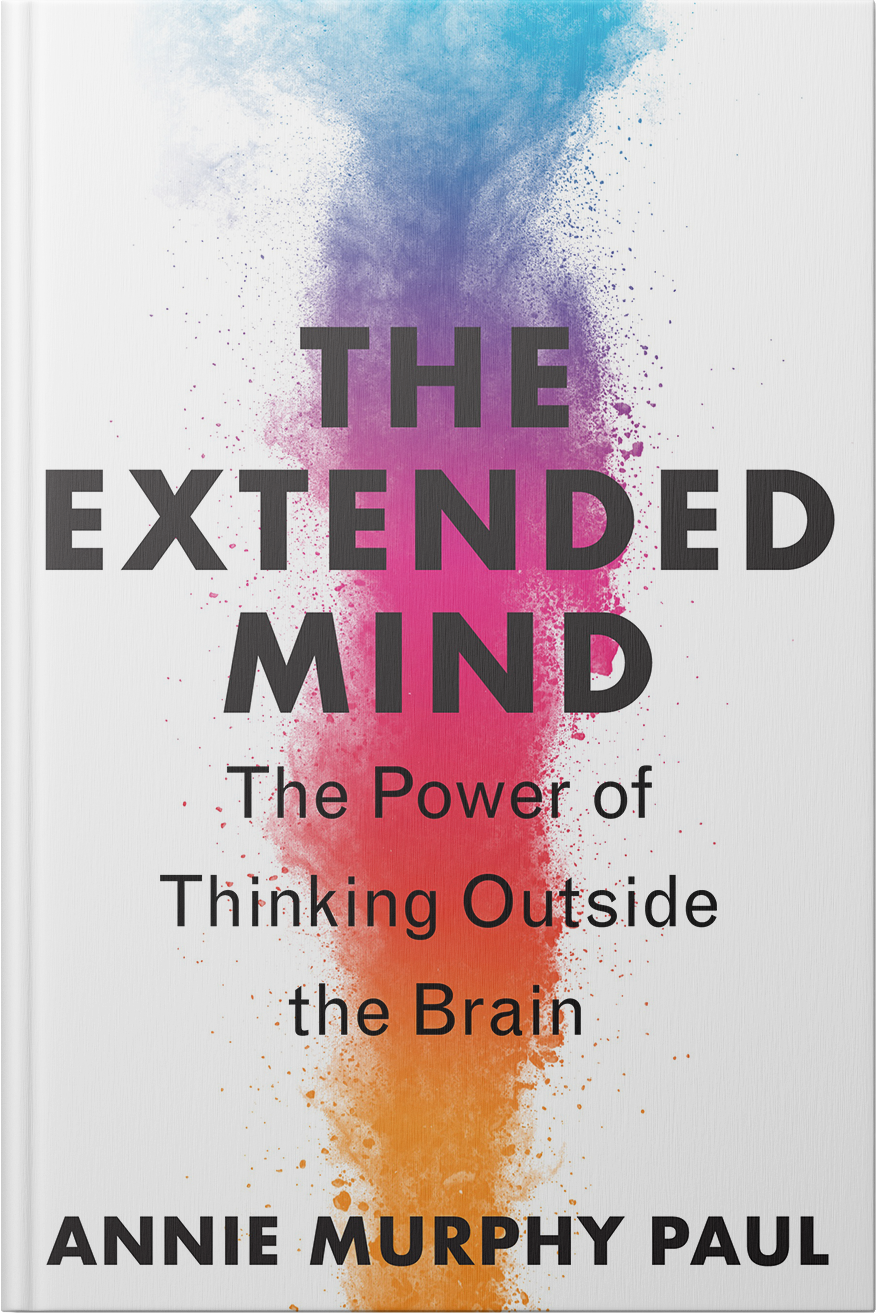Working remotely has become the new normal for many of us—so much so that we may not quite realize what we’re missing. Ben Waber of the workplace analytics firm Humanyze has now quantified one COVID-era casualty: the number of informal conversations we have with coworkers.
During the pandemic, Waber found, the average number of co-workers that employees talk to for 15 minutes or less a week plummeted from nearly 38 to fewer than 22, even as the small number of people they talked to more than an hour a week increased.
Journalist Katie Johnston reported on Waber’s findings in a recent article in the Boston Globe. The drop-off in casual workplace conversations is a problem, Waber told Johnston, because these small interactions are “how you get new ideas and learn from co-workers.”
In another recent article, appearing in MIT Sloan Review, Waber discusses how this deficit might be addressed as employees slowly return to the office in coming months. “A little co-location can go a long way toward reducing the limitations of remote work,” the article notes.
According to Waber’s research, employees who returned to the office only one or two days per week increased the number of serendipitous connections by about 25 percent.
Informal conversations are one way we extend our minds, with the outside-the-brain resources provided by other people. The coming months will give us an opportunity to make intentional choices about how we re-introduce such resources into our lives.
Here’s Katie Johnston’s Boston Globe article
“With remote work, employees lose those essential ‘in-between moments’”
Katie Johnston, in the Boston Globe
https://www.bostonglobe.com/2021/03/18/business/with-more-people-working-home-valuable-connections-lost/
And here’s the MIT Sloan Review article:
“Redesigning the Post-Pandemic Workplace”
Gerald C. Kane, Rich Nanda, Anh Phillips, and Jonathan Copulsky, in MIT Sloan Review
